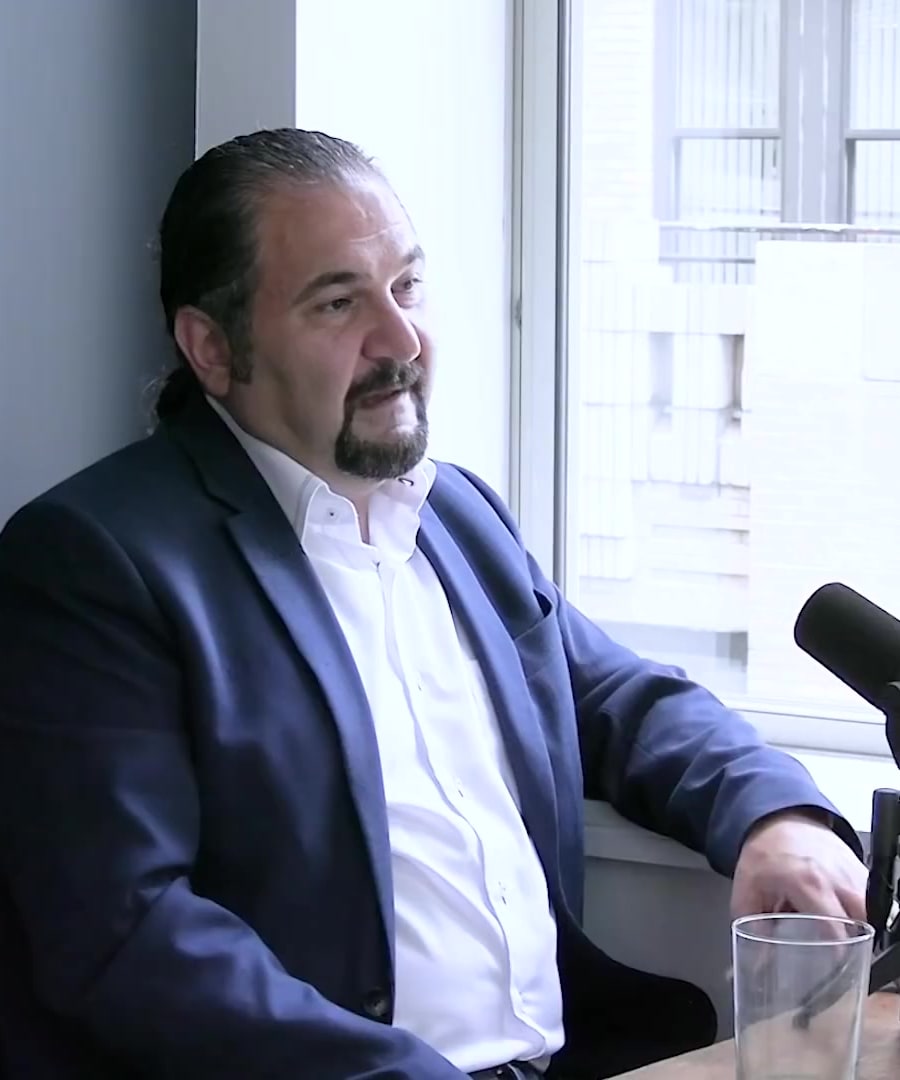What are Huberman’s morning light guidelines and what data are they based on?
Sources:
Andrew Huberman's morning light guidelines emphasize the significance of bright light exposure in the morning for regulating circadian rhythms and enhancing overall well-being. Here are the key points about these guidelines and their supporting data:
Guidelines for Morning Light
- Maximize Natural Light: Huberman recommends getting outside for bright sunlight as soon as possible in the morning, even on cloudy days, as it significantly activates the circadian system.
- Use of Bright Lamps: If natural sunlight isn’t available, using bright light therapy lamps (10,000 lux) can be effective in mimicking natural light exposure.
- Duration is Key: Staying outside longer in dim light conditions is beneficial since the circadian system requires consistent light information to function optimally.
- Early Exposure Benefits:
- Increases cortisol levels positively in the morning, leading to enhanced alertness and mood while reducing anxiety throughout the day.
- Helps set the timing for melatonin production later in the evening, supporting better sleep cycles 1.
- Contrast with Evening Light: Minimal light exposure in the evening is crucial since even small amounts can disrupt melatonin production and circadian rhythms 1.
- Study Insights: Huberman references studies indicating that adjusting light exposure can improve sleep and cognitive performance, for example, waking up earlier and enhancing outdoor light exposure 2.
Supporting Data
- Research Studies: Various studies, including work by Ken Wright involving camping experiments, demonstrated how natural light exposure can reset sleep cycles. In these experiments, participants who were exposed to natural light reported shifts in sleep patterns even after returning to normal settings 3.
- Cortisol Levels: Bright light exposure is shown to increase cortisol amplitude by up to 50% in the morning, promoting alertness and focus throughout the day 1.
- Circadian Mechanisms: Huberman discusses how the circadian visual system is highly sensitive to light, requiring substantial exposure in the morning for optimal functioning and decreased sensitivity as the day progresses 1.
These guidelines collectively stress the importance of early light exposure for mental clarity and emotional health, making morning light a crucial factor in daily routine optimization.
RELATED QUESTIONS
What are Huberman’s morning light guidelines and what data are they based on?
- RELATED QUESTIONS


